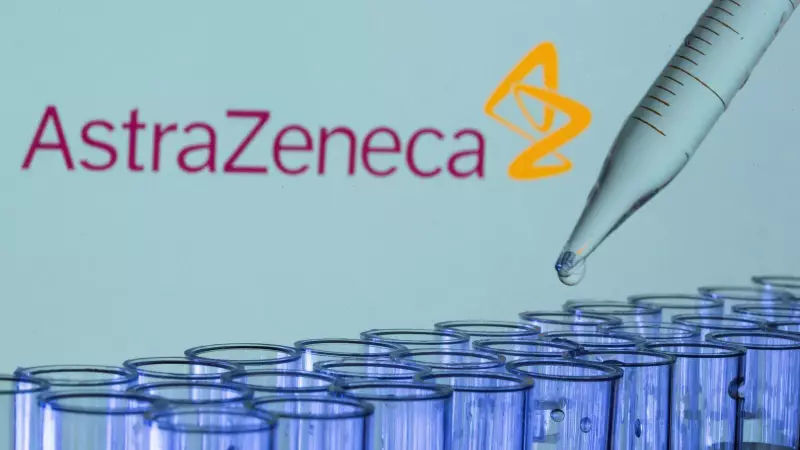
In a significant development for cancer treatment, the drug Enhertu has demonstrated remarkable potential in treating early-stage breast cancer, offering new hope to patients worldwide. The groundbreaking findings from recent research are set to transform how HER2-positive breast cancer is managed in its initial stages.
Revolutionary Results from Clinical Trials
The comprehensive study involving Enhertu, developed through collaboration between AstraZeneca and Daiichi Sankyo, has revealed impressive outcomes. Patients receiving this innovative treatment showed a substantial 37% reduction in the risk of cancer recurrence compared to standard therapies. This represents a major advancement in the fight against one of the most common cancers affecting women globally.
Understanding HER2-Positive Breast Cancer
HER2-positive breast cancer accounts for approximately 20% of all breast cancer cases. This aggressive form of cancer has historically presented significant treatment challenges due to its tendency to grow and spread more rapidly than other types. The emergence of Enhertu as a potential game-changer addresses a critical need in oncology.
How Enhertu Works Differently
Unlike conventional treatments, Enhertu employs an antibody-drug conjugate mechanism that specifically targets cancer cells while minimizing damage to healthy tissue. This precision approach represents the cutting edge of cancer therapy, offering enhanced effectiveness with potentially reduced side effects.
Key Benefits Demonstrated in Research
- Significant reduction in cancer recurrence risk
- Improved disease-free survival rates
- Targeted action against HER2-positive cancer cells
- Potential to change standard treatment protocols
Global Impact and Future Implications
The positive results from this research have generated considerable excitement within the medical community. Oncologists and researchers are particularly encouraged by the potential for Enhertu to become a standard component of early breast cancer treatment regimens, potentially saving countless lives through earlier and more effective intervention.
This development marks a crucial step forward in the ongoing battle against breast cancer, offering renewed optimism for patients diagnosed with HER2-positive forms of the disease. As research continues and regulatory approvals progress, Enhertu could soon become an essential weapon in the oncologist's arsenal against early-stage breast cancer.





